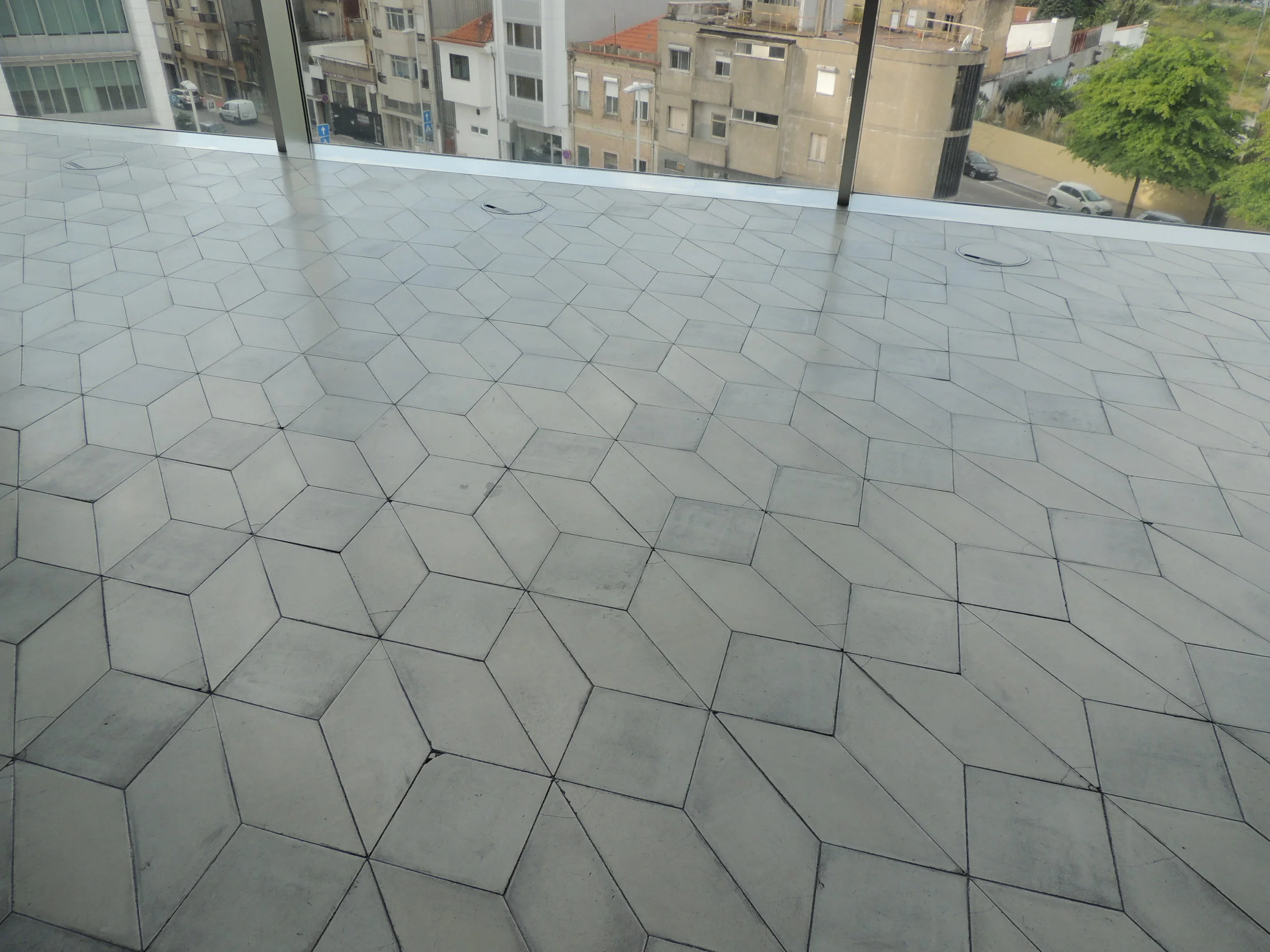IN THE NEWS: Understanding New Tariffs on Imported Solar Panels
/Last week, President Trump announced plans to impose punitive duties on foreign-made solar panels. The proposed tariffs, slated to begin at a steep 30% of the cost of imported panels, will remain in effect for four years, tapering to 15% by 2022. Given that over 85% of solar panels installed in the US in 2016 were imported (mostly of Chinese origin), these proposed duties stand to sting many impending projects. So just how profoundly could such penalties affect the solar industry in the near future, and in what ways?
- Decreased renewable generation. Roughly 25% of all new power capacity (utility scale) installed in 2017 was solar. Proposed duties are likely to affect the commercial market most, increasing the cost of installation by roughly $0.11 per watt, or around 10%. For smaller residential installations, those figures are less likely to cancel projects outright. But at the utility scale, they could do just that. By one estimate, 5 to 8 GW of power generation could be at stake over the next four years.
- Slowed Job Growth (and potential loss). In 2016, over 250,000 individuals worked in the solar industry. "Solar panel installer" ranked as the fastest growing job in 2016, according to the Bureau of Labor Statistics. While the new tariffs claim to encourage more growth in the domestic solar job market by boosting the manufacture of domestic panels, only about 15% of industry jobs are in the manufacturing sector. So boosting jobs in this sector would require major workforce retraining, since installers have a distinct skill set not closely related to assembly line processes. It's also true that new domestic solar panel manufacturing facilities would likely be highly automated. So new job generation would be limited at best. The Solar Foundation's projections show a potential loss of 28,000 jobs in 2018 alone due to decreased demand attributed to the new tariffs.
- Languishing Market Growth and Innovation. The consensus seems to be that there are better ways to promote domestic growth in the renewable energy market. Punitive tariffs do nothing to cultivate and sustain a culture of innovation in the renewable energy marketplace--which is how China won its marketplace domination in the first place. These new policies are shortsighted and self-limiting
Stay tuned for more on how new tax code changes will further affect renewable energy generation investment and growth. Spoiler alert: It's not good.

